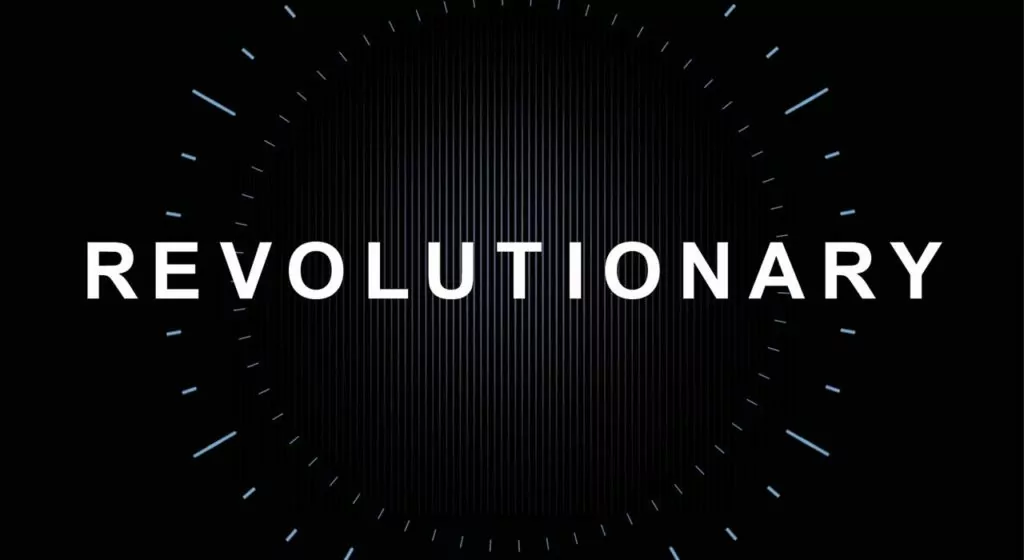Many among the Left, and even some on the right would like Christians to just stay out of politics. These are the sort who will chant “Separation of Church and State!” and “Don’t force your morality on me!”
We could critique the inconsistency in their thinking – they don’t have any problem forcing their morals on us. But in his book The Democratic Virtues of the Christian Right, Prof. Jon A. Shields rebuts this anti-Christian mob a different way. He notes that there are three main agreed upon measures by which political movements are generally evaluated. And by these measures Christians most definitely have a positive impact in the political realm. Or, in other words, Christian political involvement is good for democracy.
Three measures
So what are these three measures?
1) Does it foster participation?
As Justin Trudeau considers just how he is going to remake Canada’s political process one of the changes that has been suggested is that everyone be required to vote. While that is a very bad idea (do we really want to force those who would otherwise be too lazy or uncaring to vote, to casually and carelessly cast a ballot?) it is based on the thought that the people should have their say.
So the first measure, as to whether a political movement is a positive force in a democracy is whether the movement has been successful in mobilizing citizens into political participation… especially citizens who had previously been disaffected or alienated from politics. Is the movement getting more people out to the voting booths? Is it getting more people to visit or write their MP or MLA or city councilor?
2) Does it encourage civil discussions?
The second measure is whether the movement encourages its adherents to abide by “deliberative norms.” Some political movements encourage screaming, shouting and even rioting. But if a movement encourages people to speak in a civil manner to their opponents, then we can agree that the movement is, in this respect, a positive force in our democracy.
3) Does it help the common good?
The third measure is whether the goals of the movement enhance the common good.
Unfortunately, this third criterion is not very helpful because the common good is defined very differently by people holding to different worldviews. Christian political involvement does help the common good but this is not something those on the other side will be likely to concede. So it would be best to focus on the first two criteria, which can be considered separately from the third.
Participation
Sheilds’ focus is on the American political scene, and there he notes that beginning in the 1970s and accelerating during the 1980s and 1990s, Christian organizations (notably the Christian Coalition) deliberately organized conservative Christians for political activity. This effort had a significant effect. Shields writes, “today conservative evangelicals are not only more engaged in politics than they were in earlier decades, they are also more engaged than other groups that they once lagged behind.”
In Canada, we’ve seen the growth of conservative Christian involvement too. In the late 1970s and early 1980s groups like Campaign Life Coalition and REAL Women of Canada were founded. More recently, ARPA Canada has helped get many more active.
Considering the first criterion, then, it is clear that conservative Christian organizations (or “Christian Right” organizations as Shields sometimes calls them) have effectively mobilized large numbers of previously uninvolved citizens into the political process. The Christian Right has, as Sheilds puts it, “helped revive participatory democracy.”
This is a clear win for democracy.
Deliberative norms
The second criterion relates to how a political movement’s members conduct themselves in public. Do they treat others with respect and try to reason with fellow citizens? Or do they scream at their opponents?
On this point Shields thinks conservative Christian organizations have done a good job encouraging their members to act and speak appropriately in public affairs. He writes that:
the most universally taught deliberative norm in the Christian Right is the practice of civility. Christian Right leaders preach the virtues of civility because they want to persuade, not alienate, other citizens. Just as often, movement elites ground this norm in Christ’s command to love one’s neighbor.
Pro-life example
For his study, Shields focused particularly on the pro-life movement because it is one of the most important and long-standing causes of conservative Christian activism. He found that pro-life organizations frequently try to develop deliberative norms among their members that include “promoting public civility, practicing careful listening and dialogue…and embracing moral reasoning.”
Pro-life organizations will help to train their members how to argue for the rights of the unborn. For example, they explain fetal development and why the “pro-choice” position is inconsistent with human rights. In this way, pro-life activists become educated about abortion and how to explain the issue to fellow citizens. This often strengthens the confidence of the activists and their willingness to engage others on this important matter. It makes them more engaged as citizens.
The other side’s unwillingness to debate
Interestingly, Shields discovered that pro-choice organizations tend to be unwilling to debate. Many pro-choice organizations with college or university campus groups have explicit policies of avoiding such debates. For example, the National Abortion Rights Action League (NARAL) discourages its student activists from talking to pro-lifers supposedly because they won’t be able to change the pro-lifers’ opinions. The Pro-Choice Action Network refuses to debate because it claims that abortion is a basic human right and rights are not up for debate. Dialogue about abortion is therefore not possible.
Thus while pro-life groups are instructing their members how to discuss the abortion issue, some pro-choice groups are discouraging such discussions altogether. Shields points out that this situation has:
left abortion rights advocates severely handicapped in the context of public debates. When pressed by pro-life activists, they have no ready explanation for why fetuses become persons at any point between conception and birth. This fact may explain why an undercurrent of self-doubt runs through some refusals to debate pro-life opponents.
Clearly, by the criterion of deliberative norms, the pro-life organizations are contributing much more to a functioning democratic society.
ARPA Canada too
On its website, ARPA Canada states that its mission is “to educate, equip, and encourage Reformed Christians to political action and to bring a biblical perspective to our civil authorities.” ARPA’s activities clearly fall in line with the two criteria for political movements that enhance democracy. It encourages participation in the political process. It also encourages deliberative norms by educating Christian citizens on important issues and equipping them to make use of that knowledge in contacts with public officials and other citizens.
So a clear case can be made then, that ARPA Canada enhances democracy in Canada through its efforts, even aside from its specific impact on the issues it addresses. Its impact on those issues is above and beyond its positive contribution towards democratic participation.
Conclusion
Christians who engage in activism tend to become better democratic citizens. They usually increase their knowledge of public affairs and become better able to discuss those affairs with others. They are more aware of matters affecting society and more concerned about those matters. Time spent contacting public officials and discussing the issues with other citizens is time spent trying to make the country a better place. Democratic virtues are manifested in this way, even when government policies are not changed for the better.
If the world appreciates everyone’s respectful participation in the democratic process, then they should need to acknowledge that Christian participation is good for democracy.












